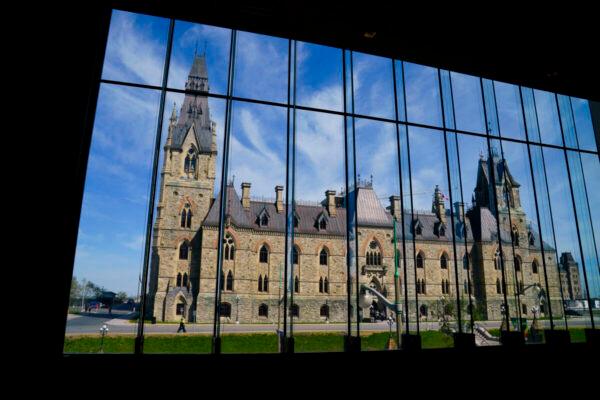Advocacy groups are launching a legal challenge against the prorogation of Parliament requested by Prime Minister Justin Trudeau, saying the move cannot be justified.
Trudeau said on Jan. 6 he intends to resign as prime minister and Liberal Party leader once the party chooses new leader. In the meantime, he asked Gov. Gen. Mary Simon to prorogue Parliament until March 24.





